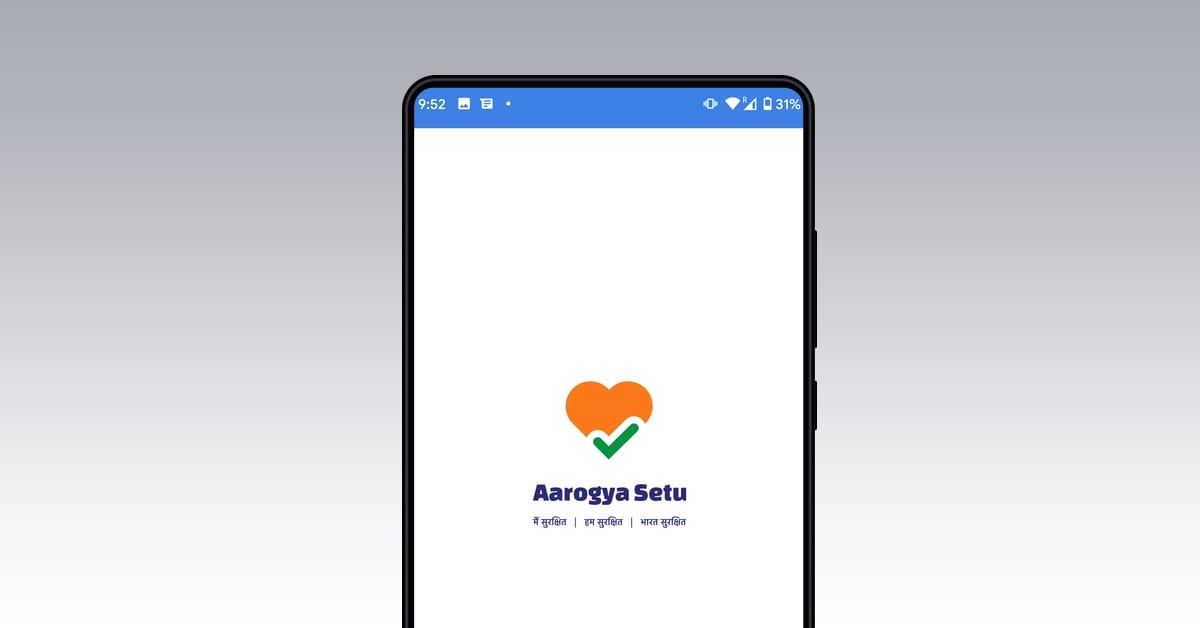A Public Interest Litigation is filed in the Kerala High Court, challenging the Centre’s “unconstitutional and privacy infringing” directives; which make ‘Aarogya Setu‘ app mandatory for public and private employees and persons residing in containment zones. Jackson Mathew, the Managing Partner of Leetha Industries, filed the petition. As per the Govt order, employers have to ensure 100% coverage of the App in their organization.
Violation of Right To Privacy
The Petitioner states that mandatory download of Aarogya Setu infringes the right to privacy, dignity, and liberty under Article 21 of the Constitution of India. Moreover, the App violates the principles of data privacy laid down in KS Puttaswamy v. Union of India.
“Mandatory imposition of Aarogya Setu on persons under threat of criminal prosecution; making it a condition to the exercise of other basic rights and and services; including the right to practice a profession or carry on an occupation, trade, or business under Article 19(1)(g) of the Constitution, amounts to an unconstitutional condition,” the petition read.
Additionally, neither the provisions of the Disaster Management Act or the Epidemic Diseases Act authorize the Respondent to infringe the privacy rights of Indian citizens.
The Safety of the Application
The petition states that the existence of a pandemic does not destroy the Constitutional rights of individuals; and hence, contact tracing must be “reconciled” with these rights. “By their very nature, contact tracing apps collect, store, and use sensitive personal data. For this reason, their utilisation raises serious questions about the rights to privacy, data protection and security, and informational self-determination,” the plea states. Notably, the government departments share the data collected without any prohibition.
“A decentralised system is relatively as effective in tackling Covid-19; while being significantly more protective of privacy and other fundamental rights. Consequently, despite the availability – and international use – of less intrusive alternatives, the Indian government has chosen a more intrusive alternative; with no explanation as to whether other models were considered, or why they were rejected. It is important to note that design choices in cases involving data collection are not merely questions of policy; but directly impact fundamental rights, and are therefore subject to rigorous judicial review,” the Petitioner submitted.
Burden On Employers
The app is prima facie (on the first impression) contrary to law; as the employers can be held “vicariously liable” for potential criminal acts of employees. Firstly, the petitioner asks for this 100% coverage of the app to be declared unconstitutional. Secondly, he asks for a meeting of the High-Powered Committee with independent members to examine the working of the app. Lastly, the petitioner prayed for an injunction to prevent the authorities from taking action against him for failure to follow the order.
Notably, Thrissur District Congress Committee General Secretary John Daniel filed a similar petition in the Kerala High Court on the same matter.

